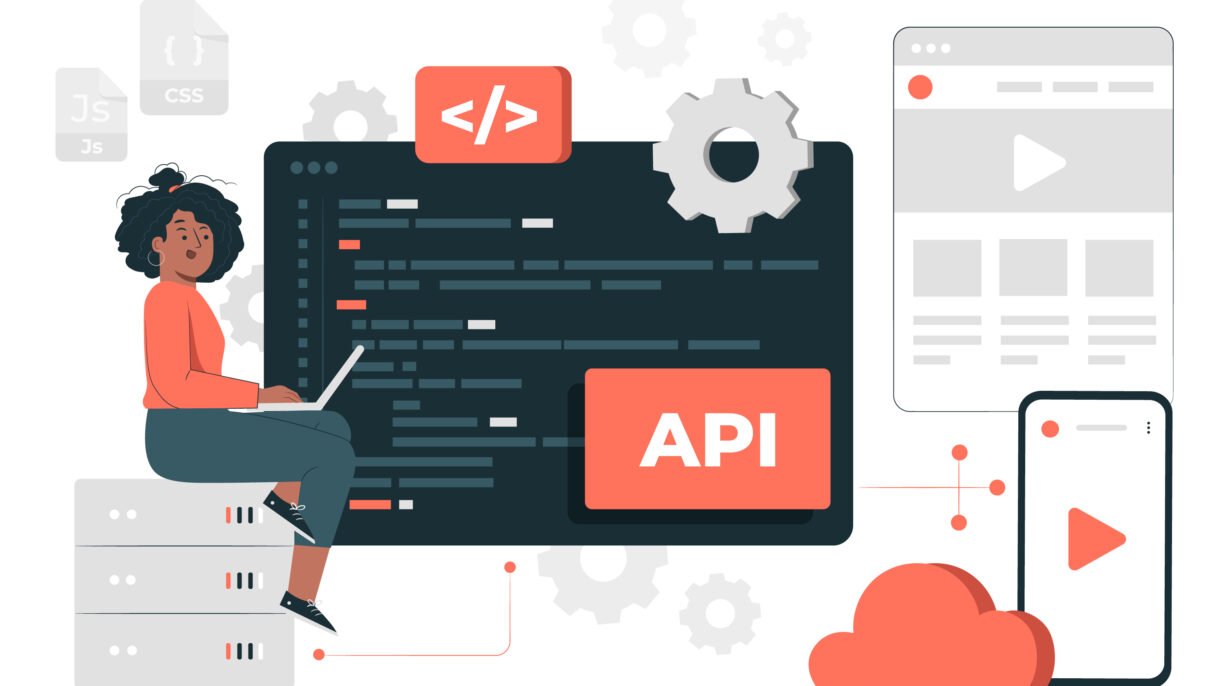WordPress website custom function development refers to the process of creating and adding custom PHP functions to extend the functionality of a WordPress website beyond its default capabilities. WordPress is a popular content management system (CMS) that allows users to build and manage websites easily. However, there are instances where you may need specific features or modifications that are not available through plugins or the default theme.
Custom functions are code snippets written in PHP, the programming language used by WordPress. These functions can perform various tasks, such as adding new features, modifying existing ones, integrating with external services, manipulating data, and more.
Here’s a general outline of the steps involved in custom function development for a WordPress website:
Identify the Need: Determine what additional functionality or changes you want to implement on your website. This could be anything from creating a custom shortcode, adding a new widget, modifying how posts are displayed, or even creating complex e-commerce features.
Access the Theme/Child Theme: It’s essential to use a child theme if you’re modifying the theme’s core functionality. This way, your customizations won’t be lost when the theme is updated.
Create Custom Functions: Write the PHP functions that will handle the desired functionality. You can either add these functions to your theme’s
functions.phpfile or use a custom plugin to manage your custom code separately.Hooking into WordPress: WordPress provides a system of hooks and filters that allow developers to modify various aspects of the platform without modifying core files. You’ll use actions and filters to “hook” your custom functions into specific events or locations in the WordPress execution process.
Test and Debug: Always thoroughly test your custom functions to ensure they work as expected. Debug any issues that may arise during testing.
Deployment: Once you are confident in your custom functions, deploy them on your live website. If you used a child theme or custom plugin, make sure to activate them on the site.
It’s important to note that custom function development requires some understanding of PHP programming and WordPress architecture. For beginners, it’s recommended to start with small tasks and gradually progress to more complex functions as you gain experience.
Additionally, be cautious while making changes to your website’s core files, as incorrect code can cause errors and may even break your website. Always back up your website before making significant modifications, and consider seeking assistance from experienced developers if you’re unsure about anything.

